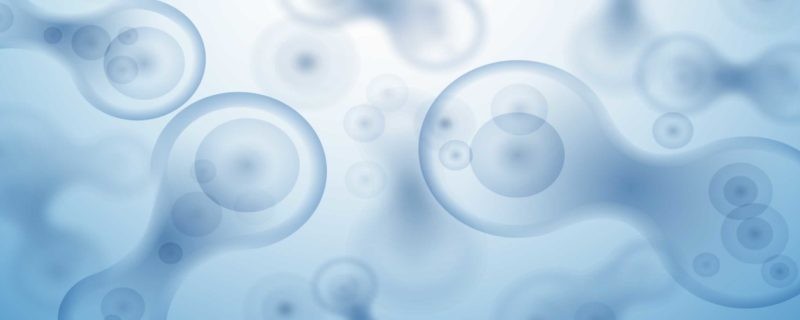
An Alternative to Knockout Serum Replacement for Culturing Human Embryonic Stem Cells in Animal-Free Conditions: Recombinant Human Serum Albumin
Human embryonic stem cells (hES) due to their ability to differentiate into all cell types offer great promise for clinical cell based therapies. The majority of hES cell lines available to date have been either directly or indirectly exposed to animal material. This exposure can increase the risk of graft vs. host disease and the transfer of animal pathogens. The elimination of all animal material for both the derivation and long term culture of hES cells is essential for future hES cell based therapies to be produced under good manufacturing practice (GMP). GMP quality assurance used in the pharmaceutical industry, is required by both the European Medicines Agency and the Food and Drug Administration, offers optimal defined quality and safety for cellular based therapies. Serum-Free Media Knockout serum replacement (Ko-SR, Invitrogen) is frequently used in hES cell culture. Although, Ko-SR contains the animal derived product bovine serum albumin and hence is not animal-free(Price et al., Internat. Patent Applic. WO98/30679, 1998).
Albumin has been defined as the essential component of serum for stimulating hES cell self-renewal (Garcia-Gonzalo and Belmonte, Plos One, 2008, Xu et al., Stem Cells, 2005). A new product, recombinant human serum albumin, is available under the commercial name Cellastim (InVitria Bioscience). The use of Cellastim in the culturing of hES cells would allow for animal-free culture conditions. Cellastim Cellastim (InVitria Bioscience) is a cell culture grade recombinant human serum albumin that is produced from an animal-free plant based expression system, ExpressTec (Nandi et al., Transgen. Res., 2005). The ExpressTec system achieves protein expression using the self-pollinating crops of rice and grain. The advantages of ExpressTec include high and stable expression of recombinant proteins, tissue specific expression in grain endosperm, rapid scalability to metric-ton quantities, prevention of gene flow with self pollinating crops, low capital investment and production costs, and efficient processing and recovery (Huang, BioProcess, 2004). Cellastim has similar biophysical characteristics and identical amino acid sequence as plasma derived human serum albumin. Cellastim is animal-free and immunoglobulin free. Studies have shown that Cellastim enhances cell growth and productivity better than or equivalent to plasma derived human serum albumin. Recently, Ying et al., Nature Letters, 2008, reported using Cellastim as a substitute for bovine serum albumin in combination with transferrin and insulin for culturing mouse ES cells. This combination displayed both bulk and clonal propagation of the mouse ES cells.
The use of Cellastim as a replacement for serum derived albumin may prove beneficial for cellular expansion and maintenance of undifferentiated hES cells and would provide for optimal animal-free cell culture conditions that could be used for processing hES cell lines under GMP conditions.